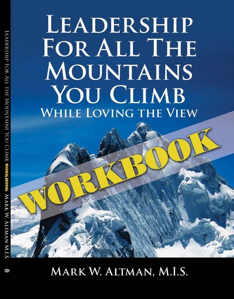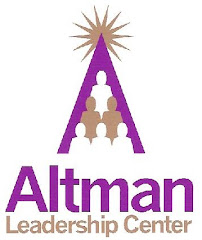Old friends pass away, new friends appear. It is just like the days. An old day passes, a new day arrives. The important thing is to make it meaningful: a meaningful friend - or a meaningful day.—Dalai Lama
Last week we talked about knowing when a parent needs change from total independence to needing some sort of assistance and then knowing what that assistance might be. Few of us want to be dependent on someone else, especially when that dependence seems to signal the twilight of one’s life. This week I am going to outline some of the options for care and provide a couple of websites to get more information. As with most columns, I realize this advice is neither original nor particularly complicated, but the value, if any, comes from knowing where to get additional information and the realization that you are not alone, whether you are the caregiver, or the person receiving care.
As I usually suggest in these columns, deciding as a family what the goal is should come first. Is the goal to have medical science squeeze every last day out of life, or is the goal a more natural end of life where the person is as pain-free as possible, while maintaining the dignity of the elderly? This decision is highly personal and shouldn’t be pushed, but many of the subsequent decisions depend upon the answer to this first question.
Many people have the laudable goal of keeping one’s parents or other loved ones in the home with them and feel guilty if that goal isn’t met. Let me suggest that vision is not only not practical in society for most families; it is rarely good for either the family, or the person being cared for. Studies consistently show that for most families the caregiver(s) incurs great strains in emotional, physical, and financial terms. Accordingly, the care provided is often not as capable as a professional might be able to give.
If assistance is deemed necessary for an elderly person, there are a number of options, from in home care to semi-independent living centers to full care centers. Again, using one or more of the resources listed below is a good place to start. After a decision is made as to what type of care is needed, consistent effort will be required to find the best care possible and then staying available to ensure the emotional and physical well being of your loved one.
Many families live far away from the elderly person requiring a little help or a lot of care. This means a greater challenge than when families live close by; however, many of the steps to providing care are the same. First, gather all the information you can: doctors, neighbors, friends and other family members can all provide perspective. Start early and be proactive. Make sure you have phone numbers (a local phone book can be a great help), medical records, financial and legal documents, should all be kept secure but easily accessible in case of an emergency.
Ask for help. In almost any town there are professionals who can provide advice and counseling for the elderly person and the caregiver. Pay attention to the signs of depression in both parties and don’ t be shy about asking for help. Be sensitive to the desires of the elderly person requiring care, mostly because it’s the right thing to do; however, for the more practical among us, we will all find ourselves in our twilight.
Tagline: Mark Altman is a speaker and leadership consultant with the Altman Leadership Center. He is the author of a new book, Leadership For All the Mountains You Climb; it may be purchased at Barnes and Noble, Amazon and other on-line retailers. Mark can be reached at mark@taolc.com.
Altman Leadership Center Speaking/Consulting web page
Tuesday, April 15, 2008
Subscribe to:
Post Comments (Atom)








No comments:
Post a Comment